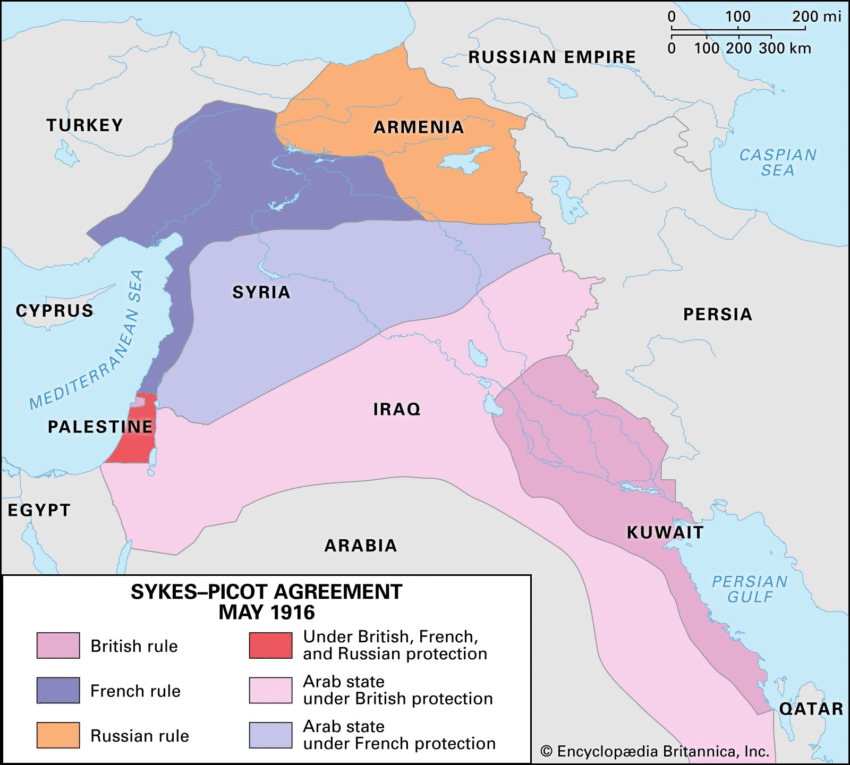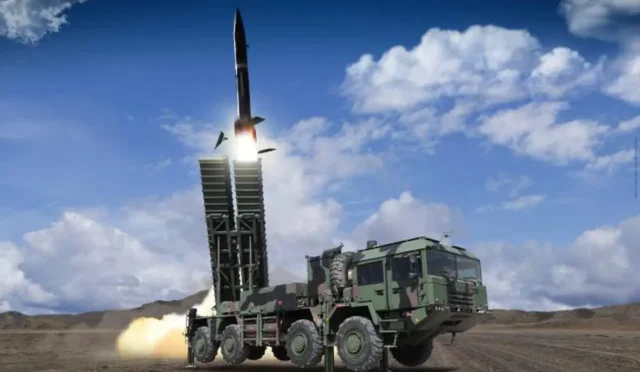Sykes-Picot Agreement: Era of Western Interference Ends
**In a significant statement reflecting a shift in U.S. foreign policy, Ambassador to Turkey Tom Barrack declared that the Sykes-Picot Agreement has lost its relevance in the contemporary Middle East. He asserted that the period of Western interference in the region has come to an end, emphasizing a new approach that prioritizes regional solutions.** This declaration, shared in a recent post on social media platform X, signals a notable departure from historical interventionist policies that have shaped the Middle East for over a century.
Barrack criticized the legacy of the Sykes-Picot Agreement, which he believes played a crucial role in creating divisions across nations like Syria, primarily for imperialistic ends rather than fostering peace. He stated, “A century ago, the West imposed maps, mandates, artificial borders, and foreign rule,” illustrating the detrimental impact this has had on the region. He affirmed a commitment to avoid repeating the mistakes of the past, marking a hopeful transition towards a future characterized by respect, partnerships, and diplomacy.
The ambassador highlighted that the tragedy of Syria was born from division, and moving forward, the nation’s rebirth must be founded on principles of dignity and unity. He emphasized that engaging authentically with the region is essential, advocating for a strategy rooted in truth and accountability. Barrack articulated a vision where collaboration with Turkey, the Gulf States, and Europe is grounded in mutual respect rather than military presence or imposed borders.
As tensions surround the Syrian conflict, Barrack’s message hinted at a potential turning point in U.S. policy, especially following the anticipated decline of the Assad regime. He expressed optimism that lifting sanctions could empower the Syrian people, facilitating their journey towards peace and prosperity. He concluded with a commitment to work alongside the Syrian populace, contrasting past approaches by vowing an end to interference, thus fostering conditions that support self-governance and stability in the region.







